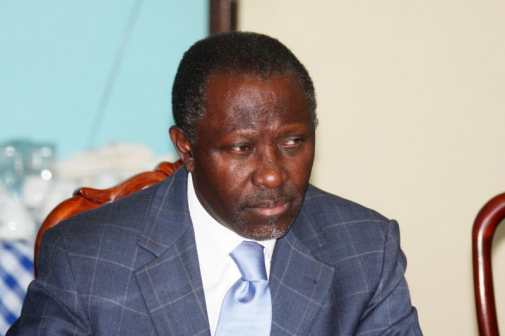×
The Standard e-Paper
Fearless, Trusted News

Parliament has ruled out giving a Chinese firm a contract to do digital mapping for Kenya’s minerals. Instead, MPs want a local geologist to do the work.
Last year, the Treasury cut the budget for the survey by Sh2.6 billion and opted to fund the geological survey outside the exchequer. The supplementary budget tabled in December 2016 slashed the allocation to Sh702 million. The amount will be used to equip the African Mineral Development Centre and generate exploration and geo-hazard reports.